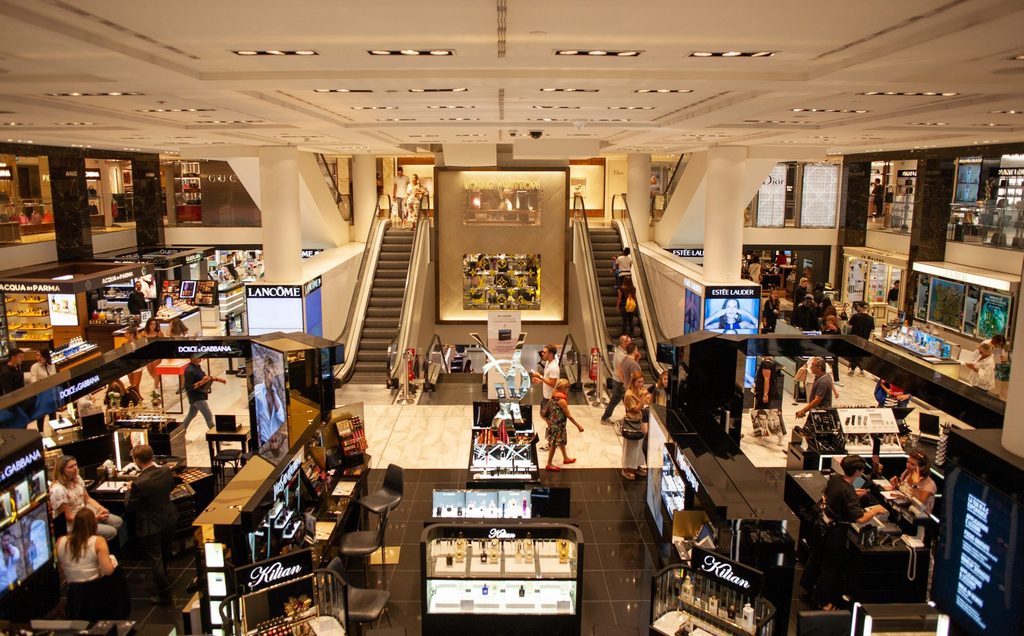A new study has estimated that companies boosting their profits during inflationary periods through unnecessary price hikes – otherwise known as "greedflation" – cost the average Belgian €3,200 over the past two years.
The study, which was conducted by ULB economics lecturer Olivier Malay and published in l'Echo, "conservatively" estimated that Belgian companies made €35 billion in "opportunistic profits" over the period 2021 to 2022, with the true figure potentially being as high as €40 billion – equivalent to almost 4% of Belgium's cumulative GDP.
"These are the profits made by price increases higher than those necessary to compensate for cost increases," Malay wrote. "[They] correspond to an increase in average bills of €3,200 per person over the two years, i.e., a significant part of the inflation of the last two years."
Malay clarified that this cost increase "is borne partly by Belgian consumers and partly by consumers from other countries since many companies located in Belgium export their production".
Furthermore, he emphasised that his analysis does not consider the impact on Belgian consumers of unwarranted price hikes by foreign exporters: "It should also be noted that Belgian consumers are also subject to opportunistic price increases decided by companies abroad, which also generate opportunistic profits, not accounted for here."
A 'moral' abnormality
Malay's study also found that, rather than being confined to a specific sector, greedflation is a widespread feature of Belgium's economy.
In particular, Malay estimated that Belgian industry accounted for more than a quarter (27%) of all "opportunistic profits" from 2021 to 2022, while the gas-electricity-water sector was responsible for just under a quarter (23%). The real estate and construction sector and the financial services industry each accounted for just under a fifth (17% and 16% respectively).
"Yes, the amount of opportunistic profits is high," Malay wrote. "Many – including me – do not consider it normal, in the moral sense of the term, that people can no longer pay their bills because others have become richer."
Malay's study comes at a time when many of Belgium's leading political parties are becoming increasingly aware of the dangers of greedflation. Last month, Flemish social democratic party Vooruit condemned companies' "unacceptable" practice of "abusing inflation to make their prices rise abnormally".
"Multinationals can raise their prices sharply because they have a monopoly and sell indispensable products," said Vooruit MP Melissa Depraetere. "Everyone needs food, energy and a bank account. Supermarkets, energy companies and banks benefit greatly from this."
Last month, Belgium's inflation rate was 5.2%: more than two-and-a-half times the European Central Bank's (ECB) 2% target rate, and more than three-and-a-half times higher than in May 2021.

